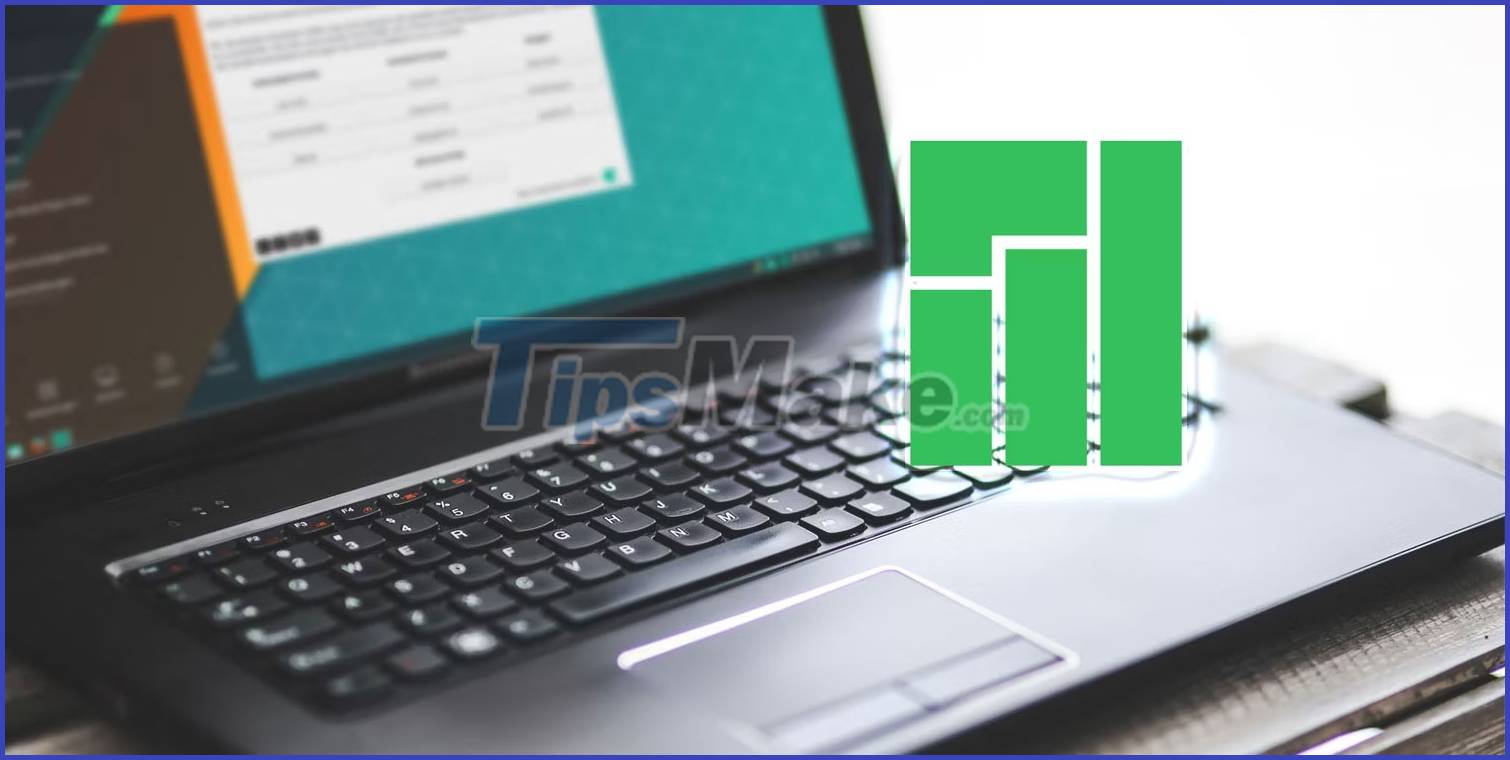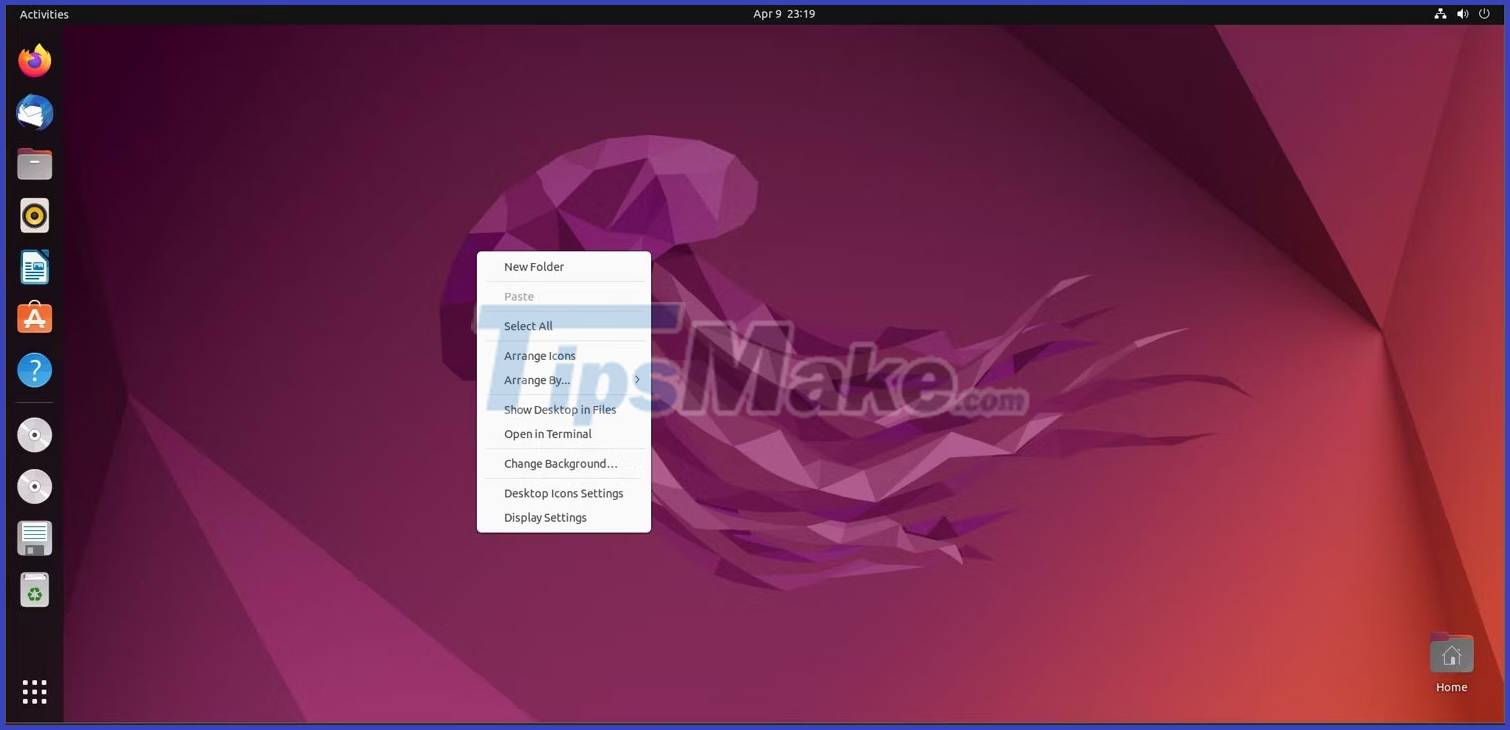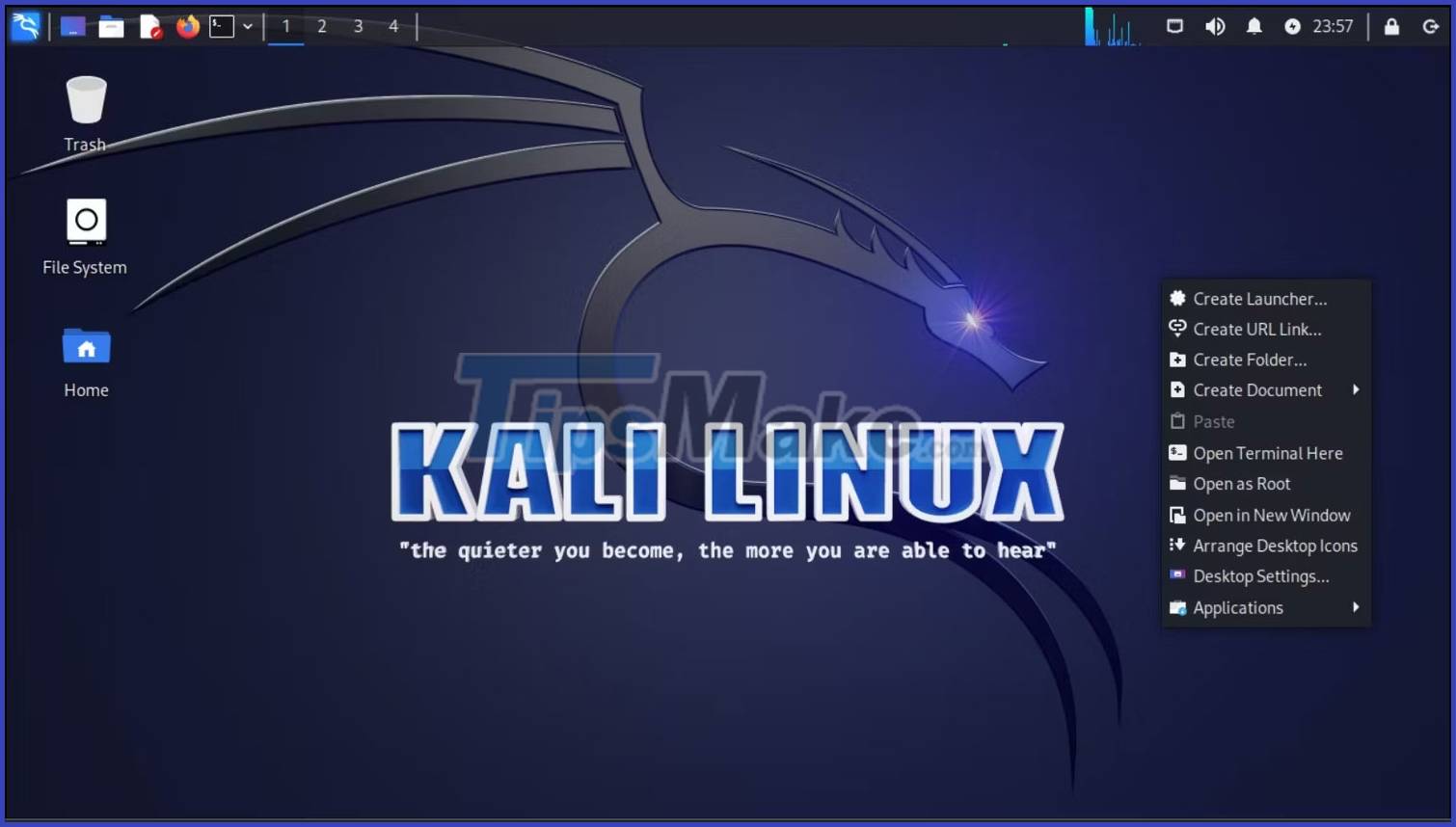10 best Linux distros for developers
Linux is a more practical operating system explicitly designed with programmers and developers in mind.
There are over 600 Linux distributions, so even experienced users rarely have trouble finding the ideal version for their current project. Linux distributions can be very different, even though they are based on the same source.
If you want to learn more about programming-focused Linux distributions, here is a list of the 10 best Linux distros for developers.
1. Manjaro

Manjaro is one of the best Arch-based Linux distributions on the market, and for good reasons. It aims to support different environments and graphical installers to meet your requirements.
Manjaro eliminates the worries of installing and administering Arch-based systems by including a solid set of custom tools and utilities. It is available in many versions with different desktop environments.
The Qt Developer Edition KDE comes with a few related tools, including Qt Designer and Qt Assistant, to help with development tasks. Furthermore, it has utilities to help users choose real-time kernels, making it one of the best Arch-based Linux distributions for development.
2. Ubuntu

Ubuntu ranks among the most popular Linux distributions that users can find. This is one of the most popular Linux distributions for all types of users, from Linux newbies to seasoned users.
Ubuntu provides a comprehensive, user-friendly package handler. There is compatibility with Android Open Source Project, a useful addition for Android developers.
Thanks to its popularity, one can find all the programming tools and libraries in the official Ubuntu repositories or Personal Package Archives.
Ubuntu has a large community, from official forums to third-party groups. Furthermore, Ubuntu makes a great Linux distribution for front-end developers with its easy-to-use features and plenty of programming resources.
3. Pop!_OS

Introduced by PC Linux maker System76, Pop!_OS is a programmer and developer friendly Linux distribution. Based on Ubuntu, Pop!_OS is an excellent modern implementation in both practicality and functionality.
Furthermore, one does not need to be an expert user to enjoy Pop Shell. The company calls Pop!_OS a specialized operating system for developers and computer science professionals who use computers to build new things.
If you install and configure Pop!_OS on your PC, you can say goodbye to all your programming problems. The distro's extensive coding and non-stop support for different programming languages and tools make it a good choice for programmers.
So, if you are looking for a Linux distro for programming, then Pop!_OS is the right choice.
4. Debian

As one of the oldest Linux distributions available, Debian is built with stability in mind. In order for a program to be included in the Debian repositories, it must meet the Debian Free Software Guidelines.
Packages and repositories are carefully selected and tested for inclusion in the Stable build, making the operating system suitable for developers. Furthermore, the official forum contains countless manuals and chapters on programming languages that guide you through the basics of scripting, compiling scripts, and more.
Debian has one of the largest open source software repositories. Therefore, you will have no trouble finding your favorite programming tools and libraries.
5. openSUSE
While openSUSE doesn't often get the same recognition as Ubuntu and Fedora, the project makes for a great environment for developers. With limited usage options, openSUSE is still considered one of the best distros for developers.
The openSUSE project offers two distributions: openSUSE Leap and openSUSE Tumbleweed.
openSUSE Leap is an LTS release that still exists as an updated and stable version, while Tumbleweed is a rolling release distribution for those looking to try out the latest software.
Moreover, the YaST package management utility is one of its significant strengths, making it easy to automate various tasks. The software distribution method is an added bonus.
6. Arch Linux
Known for its difficult installation process, Arch Linux lacks an installation package or graphical user interface (GUI) and requires a mastery of terminal and Linux commands.
Some of the main advantages of Arch Linux include the lack of bloatware along with the Pacman package manager. Thanks to its rolling release software distribution model, Arch Linux won't bother you with system upgrades as new versions are regularly updated.
Furthermore, if you are doing penetration testing work, you can easily convert your Arch Linux installation into a BlackArch installation.
7. Fedora Workstation

Marketed as a developer Linux distribution, Fedora Workstation offers a wide range of features for advanced users. If you like tinkering with your toolbox, then this is the distro for you.
Offering a slick GNOME desktop environment and an open source utility box, Fedora has a little bit of everything for advanced developers as well as hobbyists.
You can use Fedora to host projects, while its COPR repositories are ideal for building and testing code. To improve your testing skills, you can build virtual machines and test your code in a secure, isolated environment without affecting your overall applications.
You can also contain your applications, which act like a virtual machine. Fedora provides specialized Open Container Initiative (OCI) image support to complement those testing protocols.
8. Kali Linux

Developed by Offensive Security, ethical hackers mainly prefer Kali Linux for penetration testing on vulnerable networks and computers.
However, it is also a great distro for developers. It comes with many pre-installed tools like John the Ripper, OWASP ZAP, Aircrack-ng, etc. Like other distributions, it gives the user complete control over its configuration, making it It is suitable for developers.
9. Raspberry Pi OS

Formerly known as Raspbian, Raspberry Pi OS is a feature-packed Linux distribution intended to work in tandem with pocket computers, which has rapidly gained popularity.
Raspberry Pi OS has various programming tools, including BlueJ, Geany, Python, Greenfoot, Mathematica, Node-RED, Scratch and others, which make the process more efficient. Including these tools also makes it a perfect Linux operating system to learn embedded system programming.
10. Solus OS

Developers look for pre-made options that let you code on the go. Such distributions are few and far between because a lot of setup is required to make sure everything is available to developers. Solus OS, a standalone distribution, has every possible tool for developers and programmers.
From offering different editors and programming languages to compilers and version control systems, there is almost anything to suit your development. You can make extensive use of Docker and Vagrant technologies, write drivers from scratch in C, or even compile programs with Go, all included with Solus OS.
Some popular code editors include Atom, VS Code, GNOME Builder, Qt Creator, etc. Similarly, you also get built-in support for several languages, including Go, Ruby, Rust, PHP and many other languages.